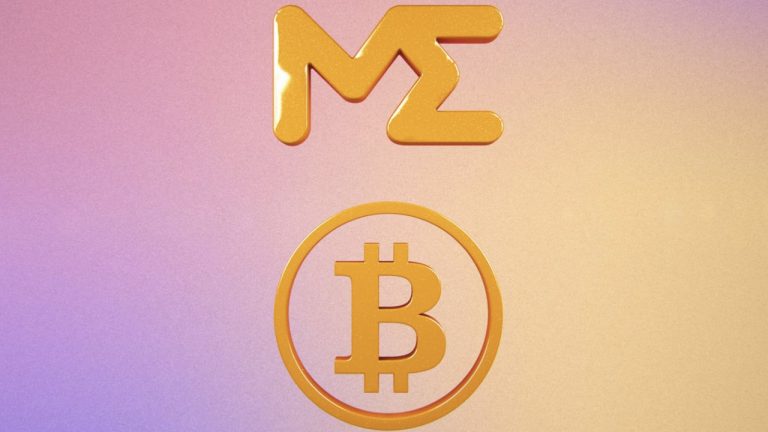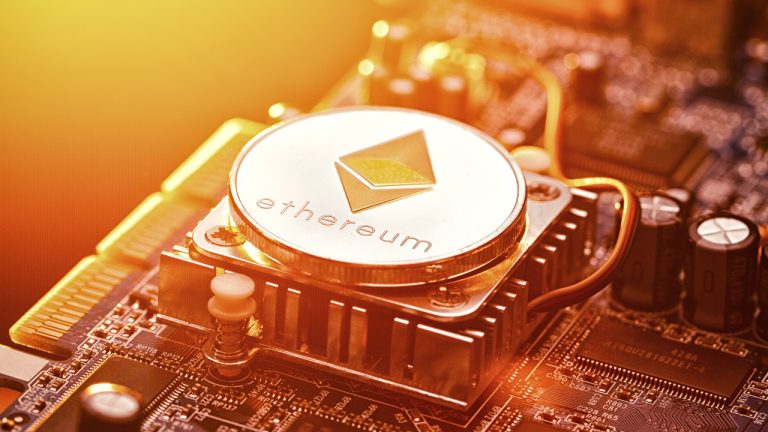
Reddit communities unanimously decided to go private or in read-only modes from June 12 to 14, protesting against an upcoming change that would prevent users from freely accessing APIs and tools.
Numerous sub-communities on Reddit, including popular crypto subreddits, unanimously decided to go private for 48 hours to protest against new company policies that prevent the use of third-party applications.
In April, Reddit announced plans to modify how users interact with the Reddit Data application programming interface (API) — a seven-year-old application enabling developers to create tools and utilities for moderation and other activities.
Most subreddits reacted to the move, as Reddit’s intention to build native moderator tools directly impacts the community’s ability to create and use third-party tools predominantly used for moderating content and interactions. As a result, communities decided to go private or in read-only modes between June 12 and 14, protesting the upcoming change.

The list includes major crypto communities, which have been instrumental for millions of investors worldwide to discuss various aspects of the ecosystem.

Some popular subreddits dedicated to discussing Bitcoin (BTC) and cryptocurrencies protesting against the change include r/Bitcoin, r/CryptoCurrency and r/cardano. Reddit has also received backlash for introducing paid access to its data API.

While nearly 3,500 subreddits were estimated to become inaccessible, the numbers could increase if other communities join the revolt. On the other hand, Reddit CEO Steve Huffman backed the social media platform’s decision by revealing the need for being “a self-sustaining business.” He said:
“We respect when you and your communities take action to highlight the things you need, including, at times, going private.”
Moreover, to eradicate the extensive use of third-party moderator tools, Reddit plans to launch mobile moderator tools for Reddit’s iOS and Android apps in the coming months.
Related: EU watchdog targets crypto ads on Instagram, YouTube, TikTok, Twitter
Contrary to the ongoing community retaliation, Reddit is close to achieving a new milestone in terms of collectible avatar holders on the platform.
Reddit managed to amass 10 million holders of its collectible avatars within a year of launching Reddit NFTs.

Reddit’s collectible avatar marketplace was launched on the Ethereum layer-2 scaling network Polygon in July 2022, which allows independent artists and Redditors to design customizable nonfungible token collections.
Magazine: Tornado Cash 2.0: The race to build safe and legal coin mixers



















